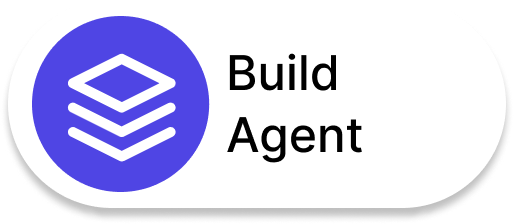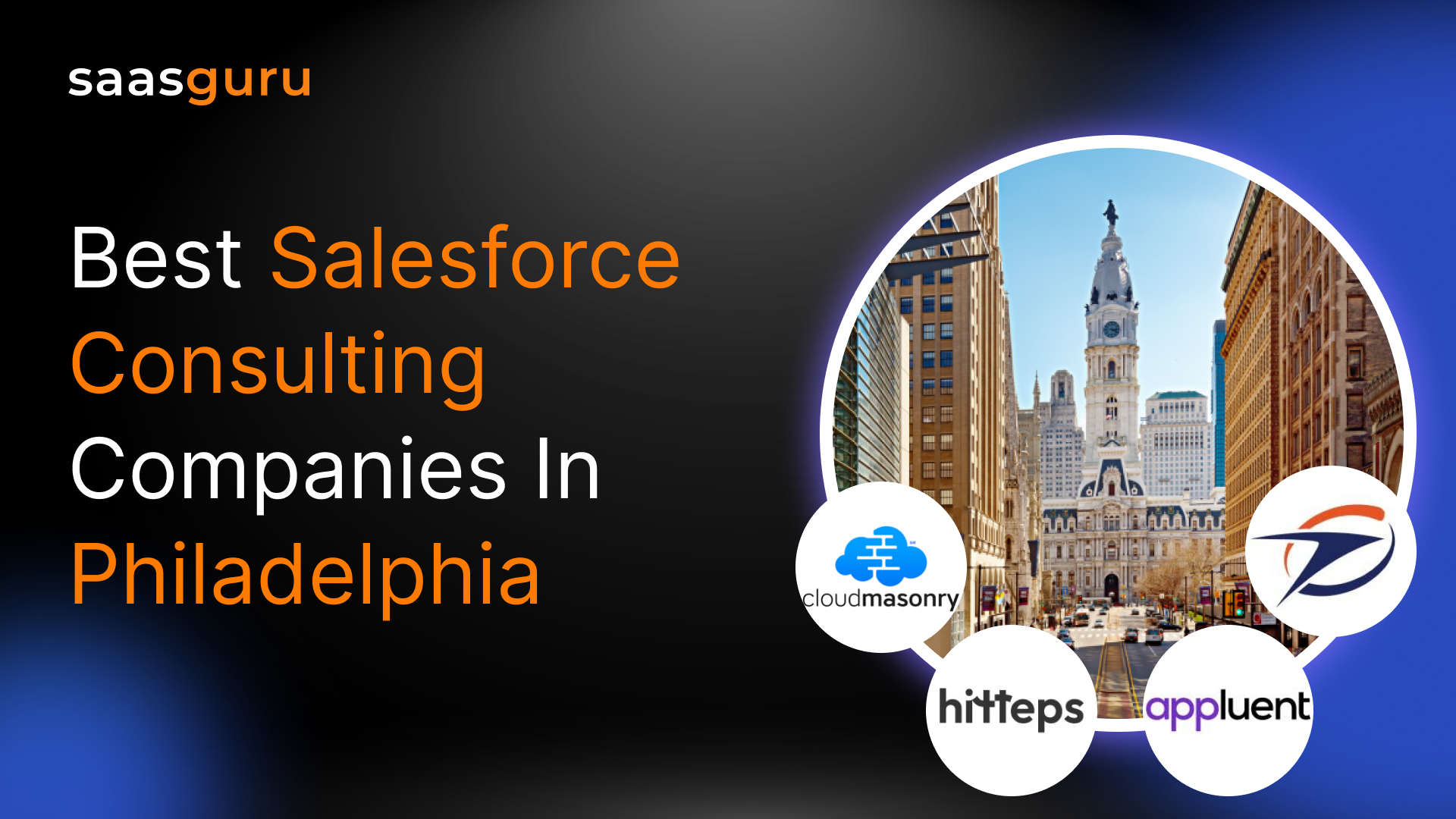Brand loyalty is one of the essential things for sustainable growth in any business. The loyalty of the customers towards a brand is as important as Lead generation, nurturing leads, and converting them to customers. If any company sells products but does not provide good value for money or quality after-sales service, their one-time buyers will not turn into their lifelong customers.
Hence, brand loyalty is one of the most significant assets for a business as it promotes stable, long-term growth. Most companies now understand this fact amid increasing competition and the reduced attention span of potential buyers.
Businesses are becoming more customer-focused. This is where Customer Relationship Management (CRM) emerged to help businesses with all customer-related tasks, from lead generation and transactions to after-sales services.
Many softwares and tools came into the market providing CRM services. Salesforce is one such name that was founded in the year 1999 and within two decades conquered the CRM space with a whopping 20% market share in the CRM industry and the numbers are still counting. So many businesses are shifting to Salesforce for CRM and other services like app building.
The growth of Salesforce in the CRM industry is phenomenal and ground-breaking. Salesforce sets the benchmark for quality standards in the CRM service, making it an undisputed market leader.
But, the users should have multiple alternatives with good quality and competitive pricing. This is an indication of a thriving market. SugarCRM is one such contender emerging as a go-to alternative to Salesforce in CRM services. Recently customers have been adopting SugarCRM and finding good value in it. So, ultimately this competition is appropriate for users.
But it may also create a dilemma about which one is a good fit for you. Salesforce or SugarCRM. This is why we have created this post to help you compare and evaluate them on various features. Here are 7 different criteria that we considered:
1. Features offered by Salesforce and SugarCRM
SugarCRM offers all the modern features businesses require to automate their sales, marketing, and customer services. Awareness of all the features is essential for effectively using all of them. Here they are:-
- Facilitates knowledge base and Quote management
- CRM for smartphones
- Provides dashboard and CRM reporting features
- Provides activity checker
- Can handle marketing campaigns
- Customizable and Configurable CRM
- Provides bug tracking feature
- Multiple currencies and languages are supported.
- Can form teams, assign roles, and manage security
Now we will see some of the major Salesforce features:-
- Management of Opportunities, Leads, Contacts, and Accounts
- Einstein Analytics
- Reports and Dashboards
- Collaborative Forecasts and Quota
- Opportunity pipelines
- Channel and partner management
- Management of Products and Price Books
- Enterprise territory management
Both SugarCRM and Salesforce are well-equipped with sophisticated and AI-driven features that can run all business functionalities and help you improve customer retention.
2. UX (User Experience)
Now we will compare them based on user experience and ease of use.
Both of them are sophisticated but complex for beginners. It requires thorough training before using them. SugarCRM and Salesforce both provide training platforms to learn their CRM. The common thing is that both offer initial free courses, and you need to pay for advanced courses.
Regarding user experience, Salesforce is the industry leader and sets the benchmark for quality. But Salesforce is more expensive and provides less user control than SugarCRM. Users have nothing to say in deployment and management as Salesforce is a closed-source platform while SugarCRM is built on an open-source architecture that allows full creativity and customization.
This is why users enjoy more flexibility and freedom in SugarCRM, as they can customize CRM according to their requirements, irrespective of their size. Users can easily integrate their business processes as per their needs, like integrating the marketing team into the customer buying process to deliver timely notifications. So SugarCRM is more flexible to use than Salesforce.
3. Customer Support/ Online Support Communities
Both SugarCRM and Salesforce provide high-quality customer support. Both provide knowledge base platforms, the latest articles, and strong online communities to keep the users updated and solve their queries.
The primary way of reaching customer support in SugarCRM is on the SugarCRM case portal, where you can raise a ticket or connect via email or call.
Salesforce provides simple customer support through live chats, emails, requests for a call, or by calling on the helpline.
4. Pricing
Pricing is one of the deciding factors when choosing a CRM service. SugarCRM and Salesforce both provide a free and paid subscription model. The more you pay, the more services you receive.
In both of them, you get multiple features in more expensive subscriptions. Salesforce’s basic CRM plan, Salesforce Essentials, costs USD $25 per month per user, and the highest unlimited CRM license costs USD $300 per month per user. Apart from that, you can find nonprofit CRM in Salesforce offerings.
SugarCRM subscription starts with SugarCRM professional, which costs 52 USD per month per user, and the highest Sugar market costs 1,000 USD per month for 10,000 Contacts.
The prices keep changing, and features vary with different packages. So it is advisable to connect with their account executives to understand which license suits you well as per your requirement and budget.
5. Sugar Exchange & AppEchange
SugarCRM and Salesforce both provide third-party application sites, Sugar Exchange and AppEchange, respectively. Users can visit these sites to download third-party apps for additional functions and integration with other software.
SugarCRM and Salesforce have set strict processes and security measures to get certified and listed on their exchanges.
On SugarCRM, there are around 30 such certified listings. While on the Salesforce App Exchange, over one thousand applications are listed.
You can browse applications on both platforms according to your requirements, edition compatibility, and categories. You would find both paid and free apps on these platforms. You should also note that not all apps are suitable for all editions of Salesforce or SugarCRM. You need to check all the compatibility before downloading it.
6. Deployment Methods
There is a significant difference between Salesforce CRM and SugarCRM in deployment methods. One can decide which CRM to choose as per their need based on the deployment method. Salesforce CRM is deployed in a single-tenant fashion, while SugarCRM is deployed in multiple tenant architecture.
It means that in Salesforce, every user gets the same URL to log in, while in SugarCRM, every user receives a personalized URL. It does not hold any significance in itself, but as SugarCRM offers multi-tenant architecture, it can be deployed on an individual basis which makes on-premise deployment possible. In comparison, it is nearly impossible to deploy it on-premise and own software in Salesforce as it is deployed as a single tenant.
7. Sales and Marketing
SugarCRM and Salesforce offer a wide range of tools for sales and marketing. SugarCRM helps the sales team throughout the customer journey from lead management to accounting, products management, and contacts management, and all the features can be accessed on mobile apps.
Salesforce offers a wide range of features for the sales team, like opportunity management and project management. Salesforce CRM helps the sales team remain productive by providing features on all electronic devices.
When it comes to marketing, SugarCRM offers very advanced marketing tools that help users in lead generation through drip marketing, lead nurturing, lead routing, email automation, building landing pages to capture leads, and a dashboard to handle all the marketing campaigns. So, SugarCRM offers everything required for essential marketing campaigns.
Salesforce is much more advanced than SugarCRM in marketing services. Salesforce offers services beyond lead management, including powerful marketing features like social listening, lead scoring, and predictive intelligence. Nothing in SugarCRM can compete with high-end marketing applications like Social Studio, Pardot, and Email Studio, which are offered in the Salesforce marketing cloud. However, using all of these advanced features will cost you extra money.
Explore the complete list of Salesforce certifications and all the necessary details here.
Summing Up
So, that’s all about a comparison between SugarCRM and Salesforce CRM. Salesforce is an undisputed leader in CRM space. SugarCRM came into the market 5 years after Salesforce, but it is emerging as an excellent alternative to Salesforce. I hope we cleared all your confusion between Salesforce and SugarCRM. Still, if you are confused, there is no need to worry. Join our saasguru Slack community and talk to industry experts, or join saasguru, Now!
Frequently Asked Questions (FAQs)
1. Which is more expensive, Salesforce or SugarCRM?
When comparing the pricing of SugarCRM vs Salesforce, it’s important to consider that both offer different tiers and pricing models, making a direct comparison somewhat complex. Generally, Salesforce’s pricing structure begins with its basic CRM plan, Salesforce Essentials, which is priced at USD $25 per user per month. On the other hand, the highest-tier Salesforce plan, the Unlimited CRM license, can cost up to USD $300 per user per month.
SugarCRM’s pricing starts with the SugarCRM Professional plan at USD $52 per user per month, while its most comprehensive package, Sugar Market, is offered at USD $1,000 per month for 10,000 Contacts.
In essence, while Salesforce offers a more extensive range of services and features, especially at its higher tiers, it tends to be more expensive than SugarCRM. SugarCRM, meanwhile, offers competitive pricing with a focus on flexibility and customization, which may be more cost-effective for certain businesses. The final choice in the SugarCRM vs Salesforce debate depends on the specific needs and budget constraints of a business.
2. Does SugarCRM integrate with Salesforce?
In the context of SugarCRM vs Salesforce, it’s important to note that while both are robust CRM platforms, they are essentially competitors in the CRM market space. There is no direct, out-of-the-box integration between SugarCRM and Salesforce. However, it is technically possible to integrate the two systems through third-party integration tools or custom-built integrations.
Such integrations would typically require API (Application Programming Interface) usage to allow data exchange between the two systems. Businesses might pursue this approach if they are transitioning between the platforms or if they have distinct departments using different systems, but these scenarios are relatively uncommon due to the complexity and potential cost involved.
 Bootcamps
Bootcamps
 Mock Exams
Mock Exams
 Hands-on Labs
Hands-on Labs















